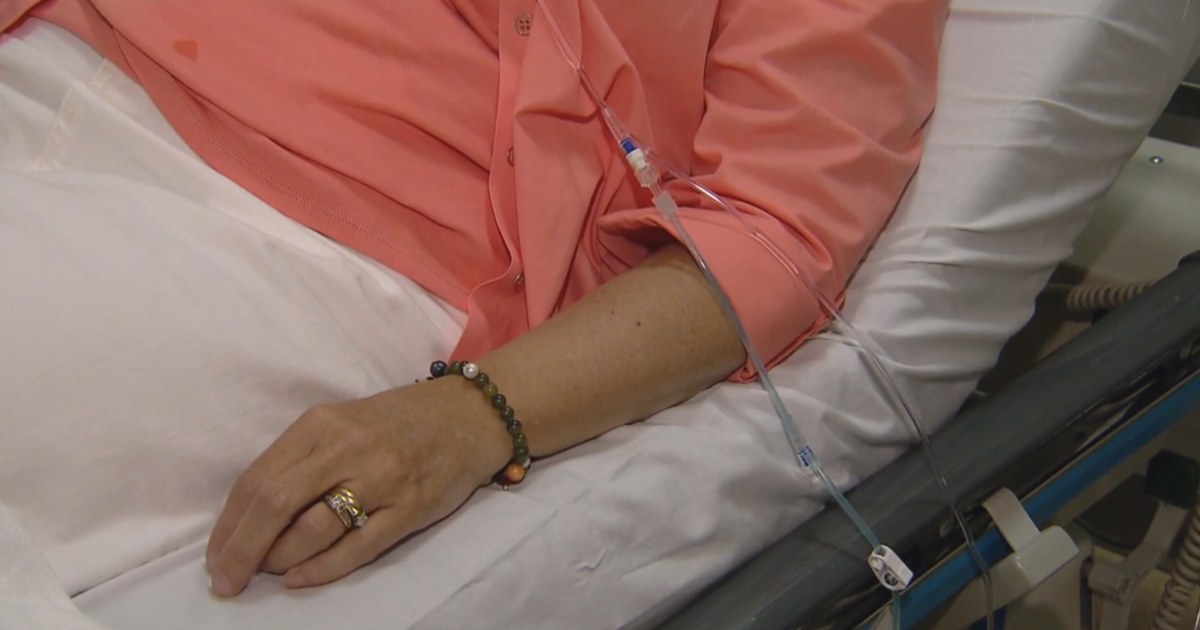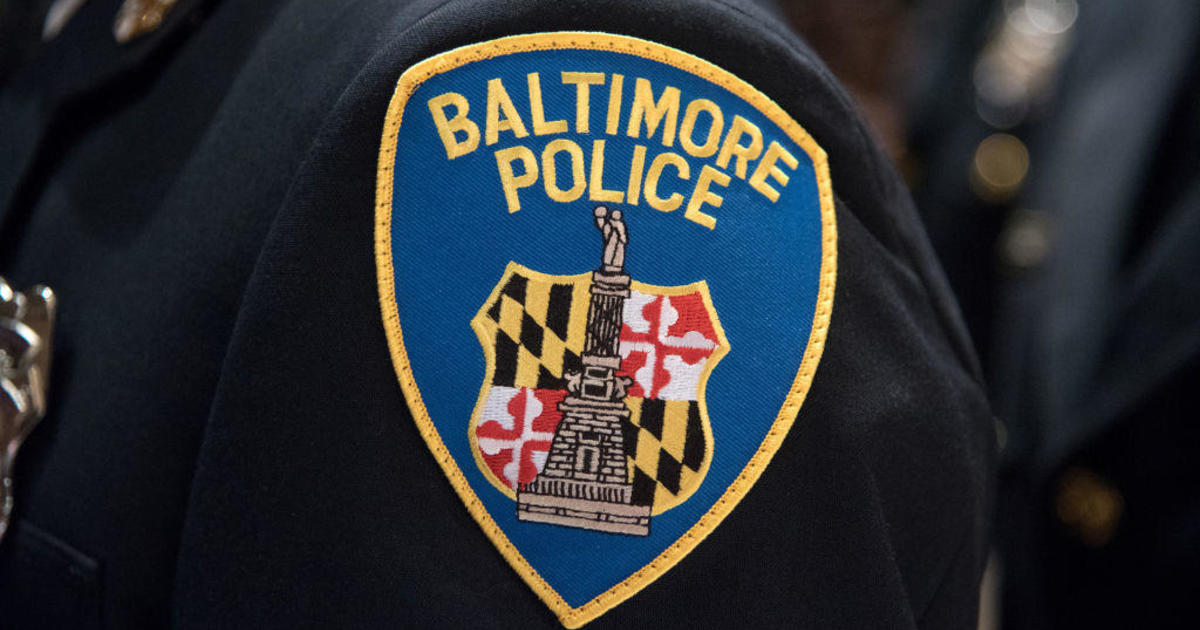Md. GOP Explores Allowing Unaffiliated Voters In Primary
ANNAPOLIS, Md. (AP) -- A Maryland Republican Party panel will explore the possibility of allowing unaffiliated voters to participate in GOP primaries in the state, the chairwoman of the party said Thursday.
Diana Waterman said Maryland Republicans have strong feelings on both sides of the issue, and she believes the idea should at least be discussed.
"I think it's a topic that is obviously very controversial with members of our party, but because there is a wide variety of opinion on this, making an informed decision is important," Waterman said in a telephone interview.
Currently, only members of the party can vote in Maryland Republican primaries to choose who a candidate for the general election. Maryland Republicans face daunting challenges in statewide races, because Democrats outnumber Republicans 2-1 in voter registration.
When Robert Ehrlich was elected governor in 2002, he became the first Republican to win the state's top executive job since Spiro Agnew won the governorship 36 years earlier in 1966.
As of June, Maryland had 2,073,619 registered Democrats, 959,120 registered Republicans and 636,716 registered unaffiliated voters. All three groups are growing, but the number of unaffiliated voters in the state has risen the most in recent years. For example, in June 2010, there were 1,934,133 Democrats, 905,208 Republicans and 486,973 unaffiliated voters.
Waterman, who became the party chairwoman in April, said she often was approached by people who asked her about looking into the idea of opening the primary when she campaigned to be chair.
The state party's executive committee voted on whether to study the concept during a meeting Saturday in Annapolis. Waterman said the vote was 11-11, and she cast the deciding vote to move forward with gathering facts on the idea.
"I don't see how it's bad to talk about it," she said.
Supporters of allowing unaffiliated voters to participate say it would bring more people into the primary process and give unaffiliated voters an opportunity to identify sooner with a Republican candidate. However, opponents say it would dilute the party vote and create the possibility that Democratic-leaning voters might intentionally vote for someone viewed as the weakest candidate.
Waterman said she planned to name nine members to the panel to explore the idea, with three who support a change, three who oppose it and three who are undecided. She said she was aiming to have the panel report back to the executive committee in time for the Maryland Republican Party convention in November.
Waterman also said she believed any proposed changes would need a state party vote.
"This is not something that should be the decision of one person or a small group of people," Waterman said.
(Copyright 2013 by The Associated Press. All Rights Reserved.)



